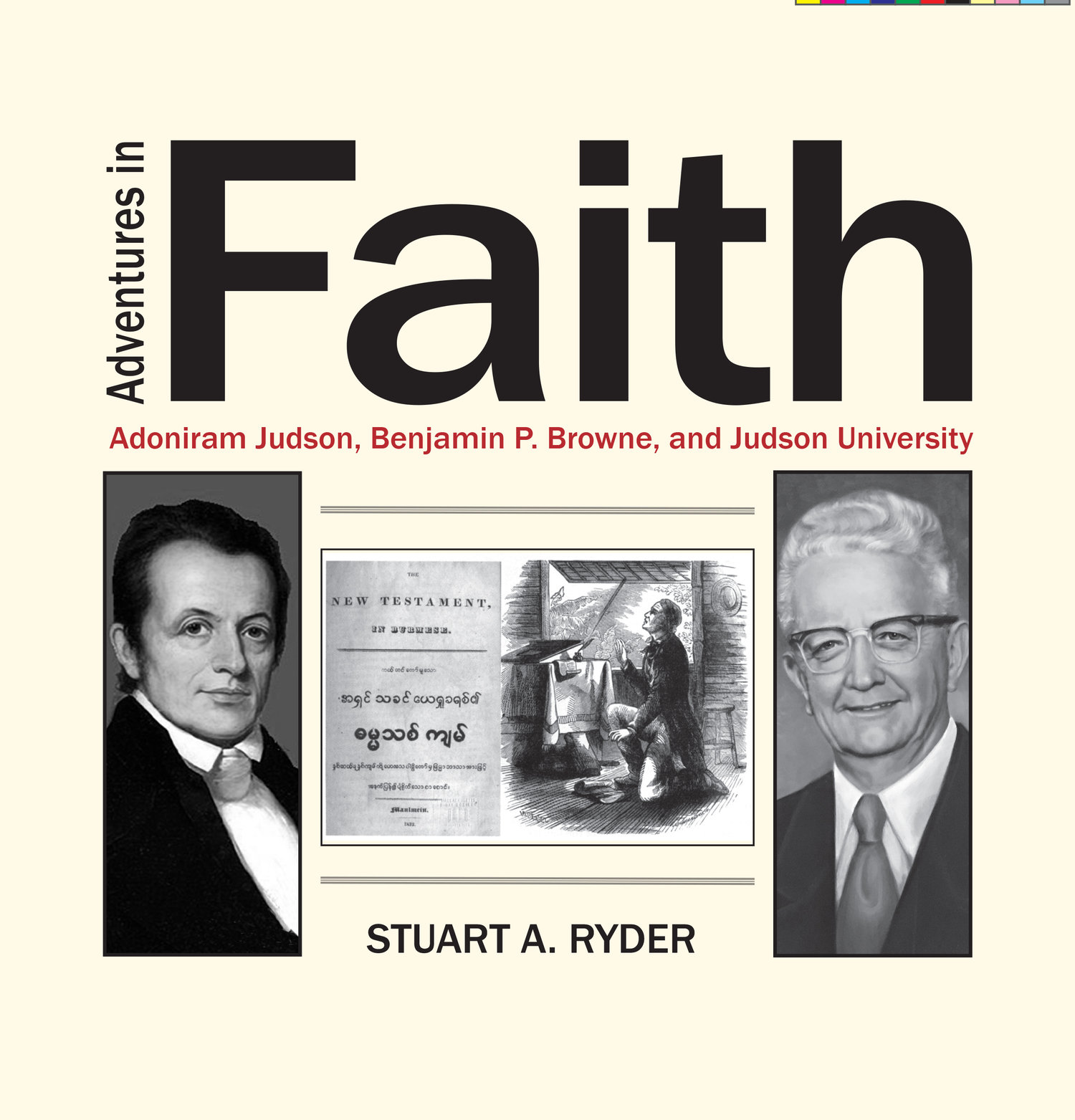The Visions of Adoniram Judson and Benjamin Browne
Neither Adoniram Judson nor Benjamin Browne lived to see a “vision that is the Grail” fully realized. Adoniram’s youthful dream of becoming a “great man”—a vision shared by his family and friends—was shaped by his early experience of faith and ambition. Although his stern father warned against pride, he also expected his son to achieve distinction, whether in academia or the pulpit. So when Adoniram set off for Asia, his family believed he was squandering his God-given potential on a quest that, while noble, seemed unlikely to bear fruit. Fueled by a fresh and fervent faith, Adoniram imagined himself as an evangelist to India.
When that path was blocked, he embraced an even bolder vision: to lead Buddhist Burma into new life in Christ. In doing so, Adoniram let go of his earlier dream of fame as a writer, preacher, or professor. The irony is twofold. First, by relinquishing the pursuit of public success, he ultimately became renowned as one of the great men of God of his era. Second, while most of his contemporaries who achieved prominence in church, state, or literature are now remembered only in obscure, dust-covered volumes, the Judson name continues to resonate in both church and academic circles.
Benjamin P. Browne also had a compelling vision: to establish a Christian liberal arts college in the Midwest, rooted in New Testament values as understood by conservative leaders in the American Baptist Convention—many of them from Midwestern states. As with Adoniram, the path to fulfillment was indirect. For Judson, it came through a surprising shift in his theological understanding of baptism and a call from India to a struggling mission in Burma. For Ben Browne, it began with his appointment to lead a seminary facing declining enrollment—one the American Baptist Board of Higher Education had already slated for closure.
Adoniram arrived in Asia as a relatively untested young man. Ben Browne, by contrast, was already an established leader in Baptist higher education. Yet both men—one a bold young missionary, the other a seasoned statesman—were called to embody the New Testament virtue of patience. For Adoniram, patience meant laboring for six years before seeing his first convert. For Browne, it meant overcoming early obstacles at Judson College, only to face renewed calls to close the institution, even after years of dedicated effort from 1963 to 1969.


